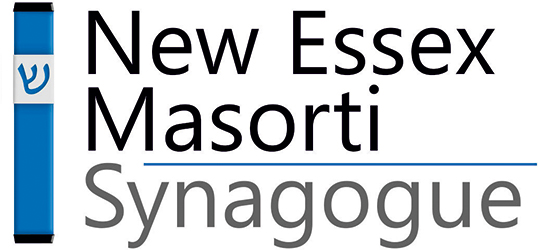 Dear all,
Dear all,
There were troubling images at Glastonbury last week, where singer Bobby Vylan made a tirade against his ‘Zionist’ ex-boss, before leading his audience in chants of ‘Death, death to the IDF’. There are many things to say; for me, the most important is that expressions of hatred will never resolve conflict. Wishing death, or bringing death to others, cannot bring peace because life is not that simple; the Israel-Palestine conflict is perhaps the most complicated of all arenas. I am reminded of the episode in this week’s Torah portion of Chukkat, in which God tells Moses to ask a rock for water. But Moses instead uses violence, hitting the rock – with the punishment that he will never enter the Land of Israel.
Baseless hatred, turning a conflict that has killed tens of thousands into some twisted team rivalry, ignores the complexity of the situation and does a disservice to those suffering. As I saw in Israel, binaries which cast Israel as an ultimate evil alienate the very people who are fighting for peace. Likewise, the dehumanisation of Palestinians by parts of the Israeli leadership make it possible for Palestinians to be killed without contrition. It can only be empathy and understanding that pave the way towards peace and resolution. I was inspired to see this photo from Ramez, a Gazan peace-activist, of members of the Gazan Youth Committee holding photos of Israeli children killed on October 7th and the aftermath:

(The photo from Standing Together – click here to support their work.)
Despite the struggles of living in Gaza, and standing next to bombed buildings, they hold on to the humanity of Israelis who have lost their lives.
I hope we can all find this level of empathy with people from other communities. Even Moses, the greatest of prophets, could slip from compassion to anger. But resolving conflict needs us to hold on to the humanity of others – it is not enough to hate. Let us try and act out of love, not fear.
Shabbat Shalom,
Tim
